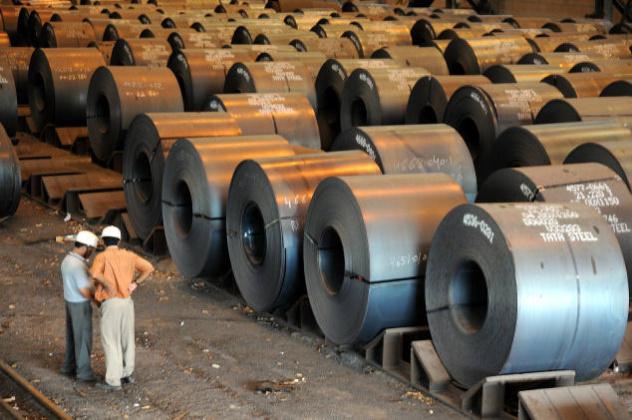RCEP: India offers no duty cuts on steel to China, Aus, NZ

Business Standard | 31 December 2015
RCEP: India offers no duty cuts on steel to China, Aus, NZ
India has not offered any duty cut on steel to China, Australia and New Zealand as part of the ongoing negotiations for the Regional Comprehensive Economic Partnership (RCEP) agreement.
To protect steel and other manufacturing sectors, the country has not come out with any duty reduction for these three countries, an official said.
"These issues among others will be discussed among RCEP members during the three-day meet in February in Brunei," the official added.
As part of the talks, all member countries, including India, have shared their trade commitments with each other.
The 11th round of talks for the proposed RCEP, an ambitious trade deal between 16 countries, is due to kick off in Brunei from February 17.
RCEP negotiations started in Phnom Penh in November 2012. The 16 countries account for over a quarter of the world’s economy, estimated to be more than USD 75 trillion.
For its part, India has promised to open its market the most for Asean countries — with which it has an FTA in place — and has offered to eliminate duties or tariffs on 80 per cent of items for the 10-nation bloc.
Similarly, for Japan and South Korea, it has offered to open up 65 per cent of its product space.
India already has free trade agreements (FTAs) with Asean, Japan and South Korea.
For Australia, New Zealand and China, New Delhi has proposed to eliminate duties on only 42.5 per cent of products.
As India does not have any kind of FTA with these three countries, its offer is less, the official explained.
The Indian steel industry has time and again raised its concerns over duty cuts on iron and steel as far as free trade agreements with Japan and Korea are concerned.
India had signed an FTA with Korea in 2009 and Japan in 2011. Under FTA, duties on most of the products traded between the countries are either eliminated or reduced sharply to a zero-duty regime in phases.
India has already taken safeguards to check cheap steel imports from China.
The 16-member bloc RCEP comprises 10 Asean members (Brunei, Cambodia, Indonesia, Malaysia, Myanmar, Singapore, Thailand, the Philippines, Laos and Vietnam) and their six free trade agreement partners — India, China, Japan, Korea, Australia and New Zealand.
RCEP is under negotiations and is a key institutional process which will have significant implications on India and other partners.
Such trade pacts are likely to help India raise its share in the global trade — to 3.5 per cent by 2020, from the current 2 per cent.





